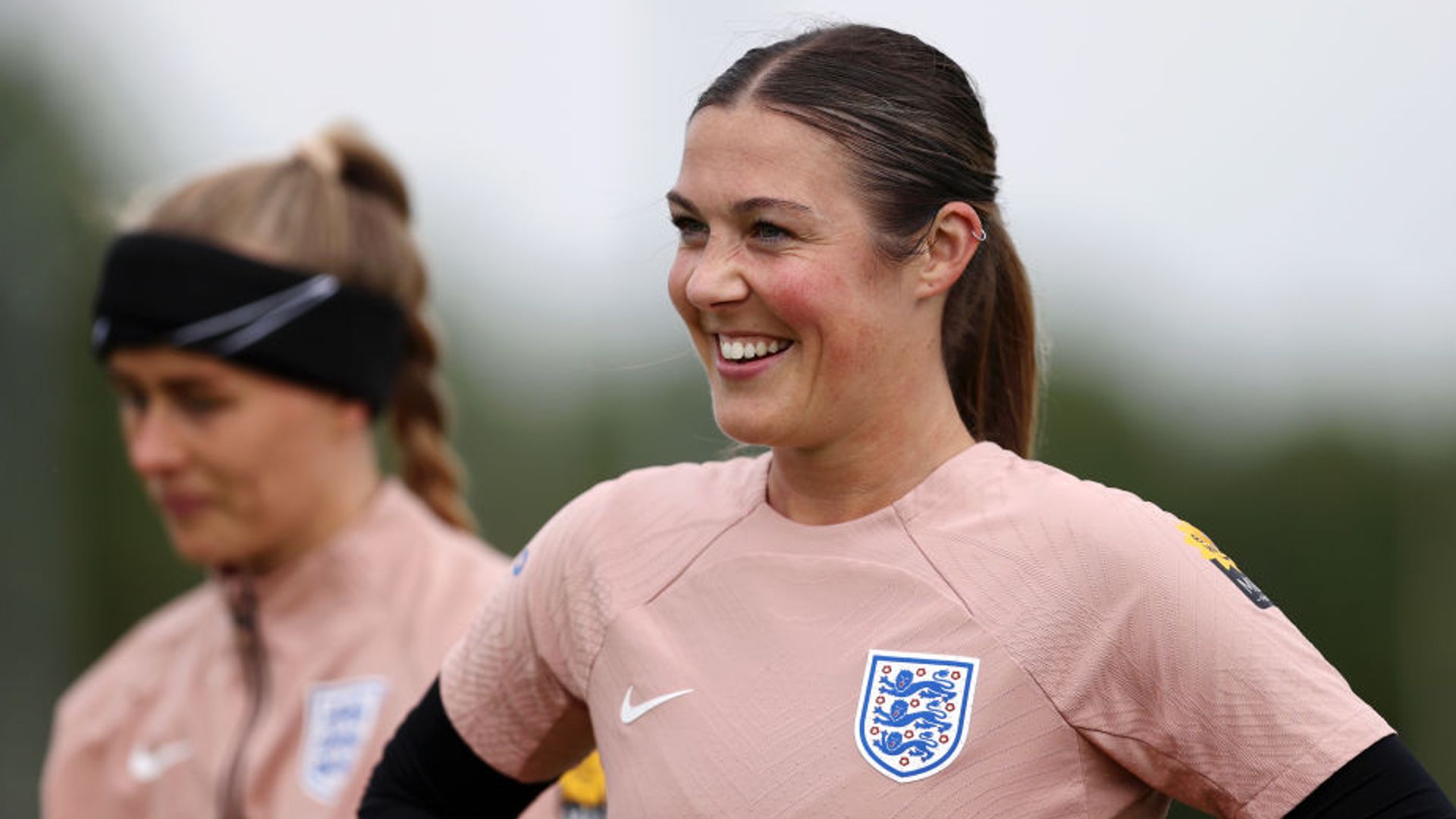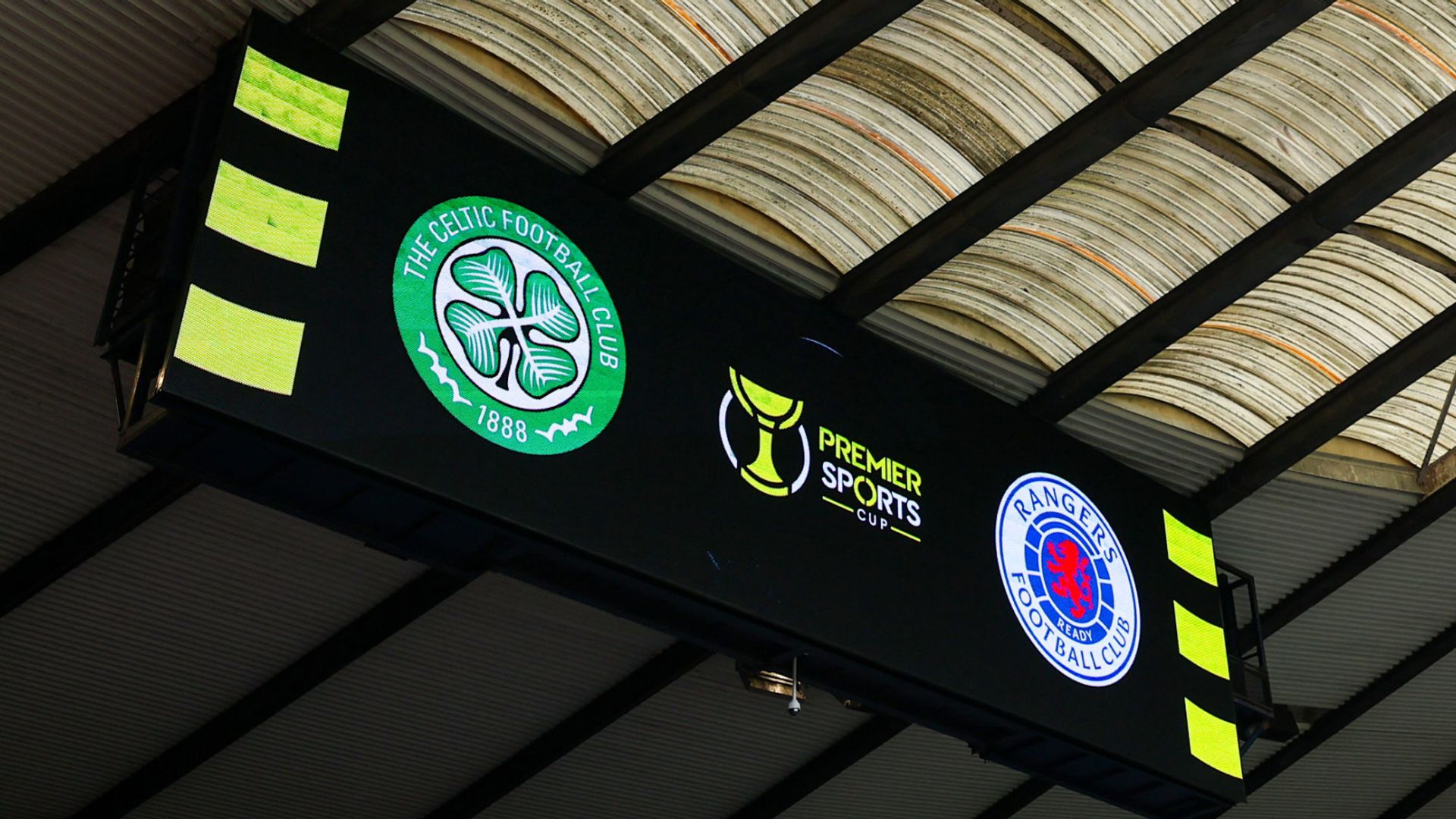Mary Earps’ Redemption Arc is the Modern Version of the Prodigal Son, Shattering the Myths of Failure and Forgiveness in Women’s Football
For a player who relied on a second chance from England head coach Sarina Wiegman to set her career on the path to worldwide success and stardom, Mary Earps should be best placed to understand most what it’s like to be brought back in from the cold. Her journey reflects broader themes of redemption, resilience, and the often fickle nature of success in the competitive world of sports, particularly in women’s football.
The story of Mary Earps is not just one of personal triumph but also serves as a poignant commentary on the systemic challenges faced by female athletes. When she was initially sidelined, it wasn’t merely a matter of underperformance; it reflected the pervasive issues within women’s sports, where opportunities can often be scarce, and support mechanisms fragile. Her return, however, was heralded as a critical moment for both her career and the wider narrative surrounding women’s football, illustrating that second chances can alter the course of lives.
Having started her career at a young age, Earps had to navigate the intricate fabric of a sport that was still finding its feet, especially in terms of media coverage and investment. Despite demonstrating immense talent as a goalkeeper, she found herself in and out of favor within the national team setup. Her trajectory included stints at various clubs where her potential often went unrecognized, leading to moments of self-doubt and reflection.
The turning point in Earps’s career came with Sarina Wiegman’s appointment as head coach. Wiegman recognized the importance of building a cohesive and supportive environment, and she saw in Earps the characteristics needed for success in high-pressure situations. This act of bringing her back to the forefront of the national team spotlight illuminates a broader truth: the value of faith, belief, and mentorship in sports. Wiegman’s decision was not merely tactical; it symbolized a collective acknowledgment of the potential that had been overlooked.
The implications extend beyond Earps herself. Her story resonates with countless athletes who have faced similar trials, experiencing the sting of rejection only to discover resilience in their rediscovery. This phenomenon can be likened to themes prevalent in larger societal discussions about redemption, where narratives of failure are often revisited and reframed. Just as many public figures face scrutiny and later seek forgiveness, Earps’s experience epitomizes the cyclical nature of conflict and resolution in the realm of sport.
Moreover, the conversation surrounding second chances in women’s football goes hand in hand with the growing visibility and legitimacy of the women’s game. With increased attention comes greater scrutiny, and many players today operate under immense pressure to perform. Earps’s comeback also reflects a changing cultural landscape that recognizes the trials athletes face, advocating for a more compassionate understanding of their journeys.
The media and public perception play significant roles in shaping narratives about athletes. In Earps’s case, her return to form has generated widespread acclaim, pushing conversations about resilience against the backdrop of underrepresentation. Women’s football is at a critical juncture, where players like Earps become symbols of change, inspiring the next generation to follow their passions with determination—regardless of the setbacks they may encounter.
Further complicating the dialogue is the fact that women’s football still battles for respect and equal footing with its male counterparts. A significant part of Earps’s story includes addressing these disparities, emphasizing that second chances should not be an exception but rather the norm in sports equity. Players who have faced setbacks and are given opportunities to redeem themselves can not only elevate their careers but can also advocate for systemic change that benefits all women in sports.
As Earps continues to shine on the international stage, her journey serves as a rallying cry for those who have been overlooked or marginalized. The narrative of being brought back from obscurity resonates across a multitude of societal themes. Just as the prodigal son returned to prove his worth, athletes like Earps are continually redefining success and challenging the preconceived notions that surround it.
In analysing the broader context of women in sports, it becomes clear that second chances play a vital role in fostering an environment that champions not just diversity, but also excellence. While the path may be strewn with obstacles, the strength shown by athletes like Earps is a testament to what can be achieved when a supportive framework is in place.
As Earps’s stellar performances captivate audiences and bring attention to the women’s game, it is a timely reminder of the ongoing fight for recognition, respect, and relevance that many female athletes face. Through her triumphs, the conversation around second chances grows more nuanced, presenting an opportunity to not only celebrate individual success but also recognize the collective journey of women in sports.
With each match, Mary Earps embodies the evidence that resilience can yield remarkable outcomes. Her evolution from being sidelined to leading her team illustrates the potential for transformation, serving as an inspiring narrative that captivates not just football fans, but anyone who believes in the power of redemption and the importance of granting second chances in a world where they are all too often denied.




